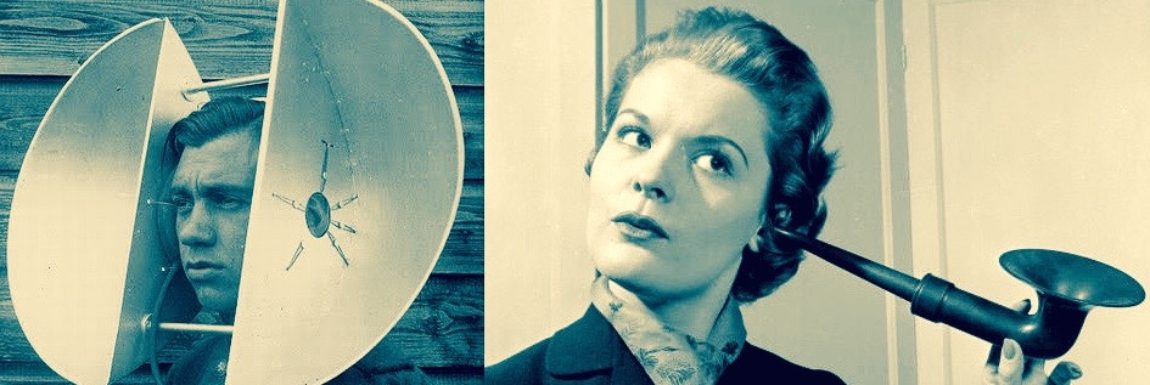
Who makes hearing aids? The short answer is there are now dozens of companies. Many of them sprung up after the US FDA allowed over-the-counter (OTC) hearing aids for mild to moderate hearing loss. But the market for prescription hearing aids is dominated by just five companies.
If you need prescription hearing aids, fitted by an audiologist or specialist, then your choice will come down to one of the brands produced by one of the big five.
Back in 2019 there were six major hearing aid companies and together they controlled 98% of the global market. That year saw the merger of two of the six, Sivantos with Widex. And then there were five. Today the big five still command an estimated 90% of the market.
All of the big five make reliable, high quality devices and each of them have multimillion dollar research and development budgets so that they remain at the leading edge of technological innovation. And, of course, their prices reflect that.
It’s also worth noting that these are all reputable companies, some with histories stretching back a hundred years. They stand by their products. That reassurance and the fact that they compete vigorously on price and technology means you can choose any one of them with confidence.

The Sonova Group was founded in 1947 and is based in Stäfa, Switzerland. Today, it operates four lines of business: hearing aids, audiology care, consumer hearing devices and cochlear implants.
Sonova is the largest of the Big Five and its hearing aids are distributed in over 100 countries, mainly through its network of retail audiology outlets.
Its flagship hearing aid brand is Phonak, and it also makes and sells the Hansaton and Unitron brands.

The venerable Danish company Demant was founded in 1904 when Hans Demant sold his first hearing aid. In 1946 the company teamed up with American hearing aid producer Charles Lehman to create Oticon.
In 1956, the Demant family donated its shares to a charitable foundation which focuses on helping people with hearing impairments. Today, the William Demant Foundation owns about 60 percent of the company.
Along with its flagship brand Oticon, through a series of acquisitions Demant has added Philips, Bernafon and others to its brand portfolio of hearing aids. It sells them primarily through retail outlets in over 30 countries.

A truly global company, WSAudiology , has dual headquarters in Lynge, Denmark and Singapore, and it boasts research and distribution centres around the world.
The company traces its roots back to 1878 when Werner von Siemens developed a telephone speaker that delivered amplified and clearer sound. The giant Siemens group eventually spun off its audiology division in 2015 and it was renamed Sivantos.
Four years later Sivantos merged with Widex, a Danish hearing aid company that was founded in 1956. The combined companies were renamed WSAudiology.
The company now produces a wide range of audiological products and services. Its key hearing aid brands are Signia, Widex and Rexton. It also makes devices for the Miracle-Ear retail chain.

GN is the oldest of the big five companies, founded in Denmark in 1869 as the Great Northern Telegraph Company. It began producing hearing aids in the 1940s and today they form one of its three core businesses, the others being consumer audio products such as headsets and communication systems for businesses.
Its hearing aids are marketed under the GN Resound division which makes a range of models, including the Nexia, OMNIA and Enzo lines, as well as Jabra which is primarily an OTC brand.

Starkey is the only major American hearing aid maker. In 1967 William “Bill” Austin started a hearing aid repair shop in Minnesota. Then three years later he bought an ear mold company called Starkey Labs and began making hearing aids.
Today, Starkey is a privately held company based in Eden Prairie, Minnesota, which operates in over 100 countries. It also offers accessories such as TV streamers and has recently launched SoundGear which offers hearing protection devices.
Starkey’s range of hearing aids includes its Edge AI, GenesisAI, EvolvAI and the Signature Series models.
More info:
For a more detailed snapshot of the industry, HearingTracker has produced this excellent and downloadable Hearing Aid Industry Map.

